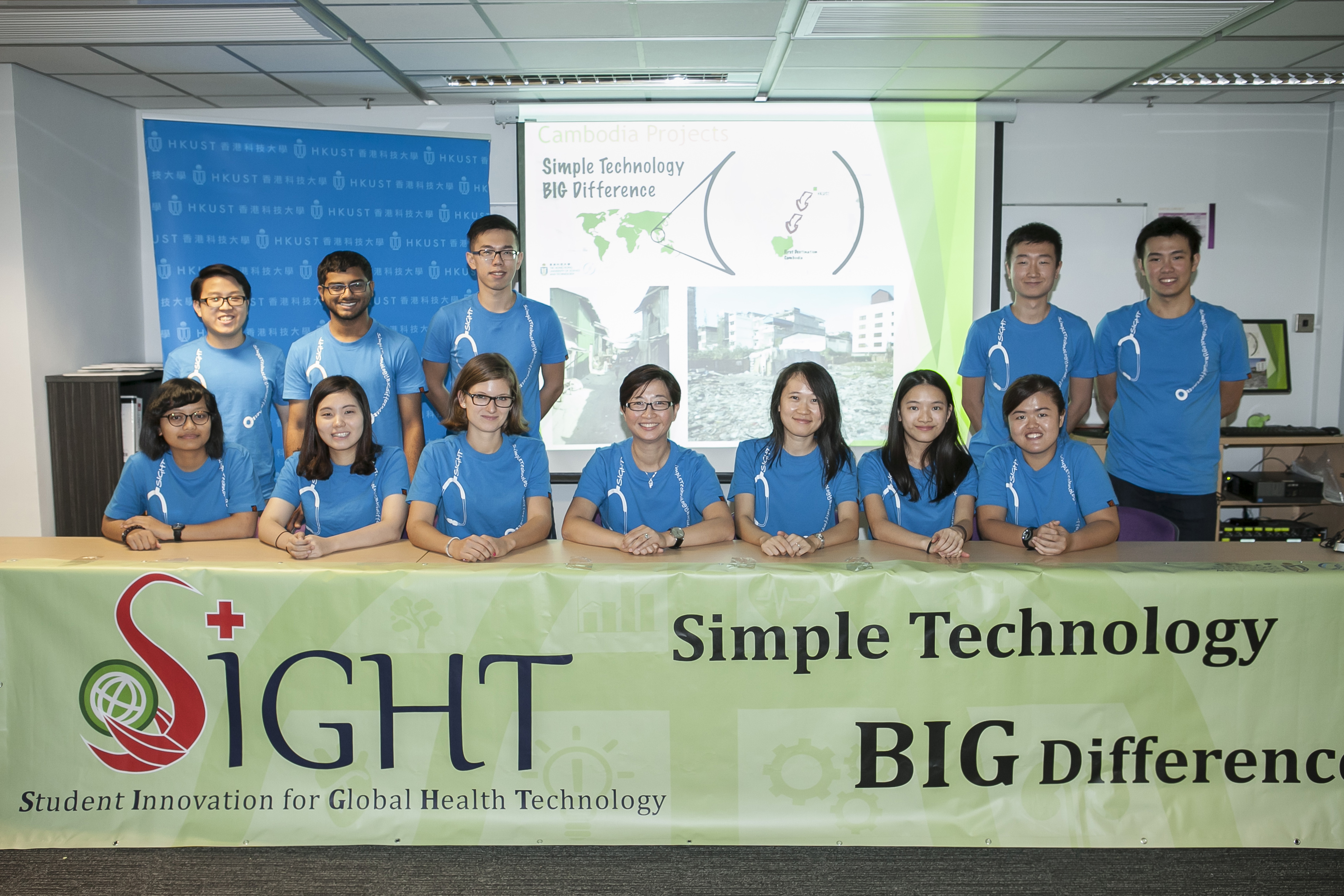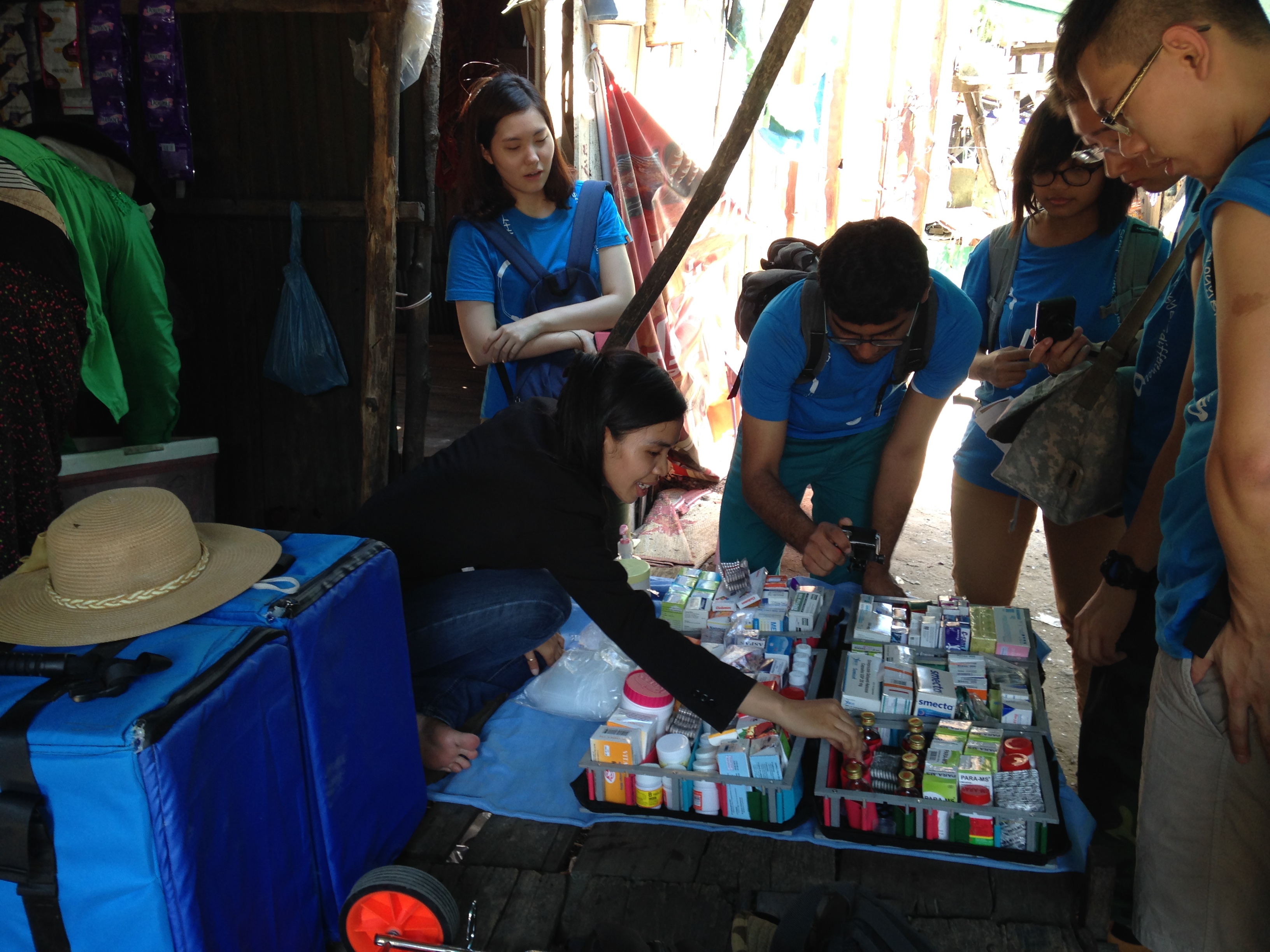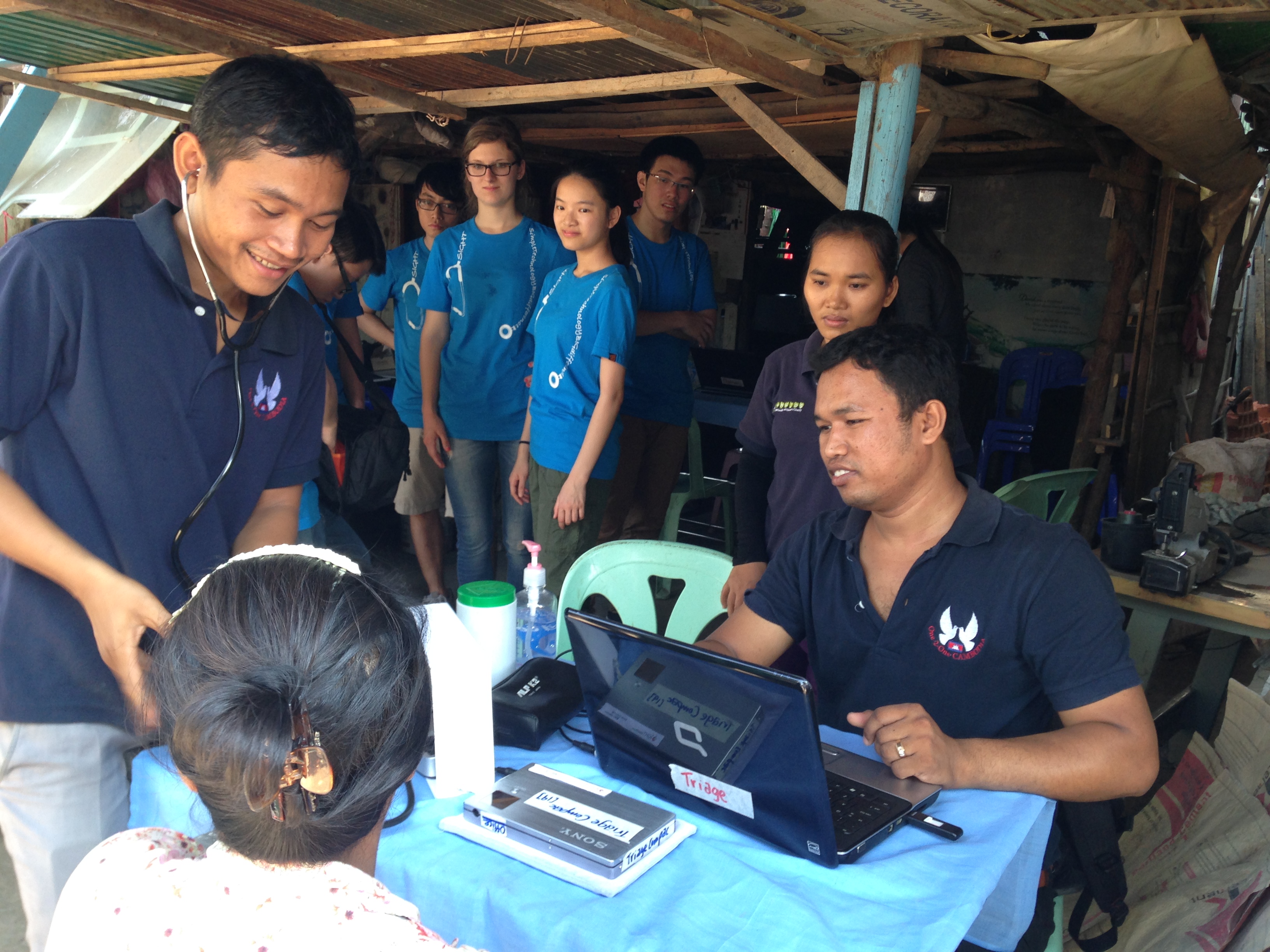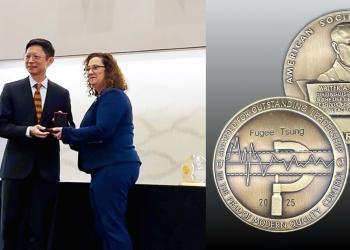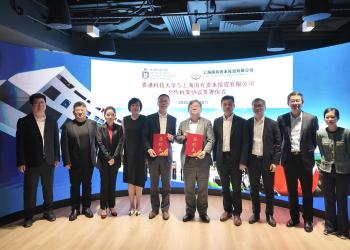HKUST New Program Merges Innovation with Community Service Students Implement Solutions to Improve Health Care Problems in Cambodia
The Hong Kong University of Science and Technology (HKUST) is committed to nurturing students into innovative problem solvers with a sense of responsibilities towards the community. The Division of Biomedical Engineering under the Interdisciplinary Program Office has launched a new program that allows undergraduate students to transform their creativity into innovative solutions for health care problems around the world.
The Student Innovation for Global Health Technology (SIGHT) Program, led by Prof Ying Chau from Division of Biomedical Engineering and the Department of Chemical and Biomolecular Engineering, allows students from various disciplines to discover the most pressing health care issues by talking to volunteer groups from the developing world. They are then invited to come up with their own solutions and turn them into pragmatic plans. SIGHT advisors – faculty members and staff with a wide range of expertise, generously provide help to students which further opens up the possibilities of SIGHT projects.
SIGHT has partnered with One-2-One - a New Zealand-based non-profit making organization whose medical staff struggled with problems ranging from adverse weather to a lack of tools and systems when operating mobile clinics in the slums of Cambodia. To address the plight, the program selected two student projects: a portable drug dispensary box which allows better storage and transportation of medicine, and an electronic medical record system which not only saves the burden of the medical staff in transporting bulky paper records, but also consists of a fingerprint reader that allows accurate identification of the patients, which is otherwise impossible. This facilitates the collection of valuable data and helps improve the quality of health care.
Prof Chau said the program meant to make big difference with simple technology, “We teach students to put users’ need in the center of their design, and we leverage each teammates’ expertise to create something that makes a difference to people. It is not just a course on design thinking, or a service learning project, but a combination of both. We serve with innovations.”
The two teams delivered their products to Cambodia in June. The drug dispensary boxes, albeit with simple design and material, ridded local medical staff’s trouble in re-arranging disheveled medicine every time upon arriving at a medical station. The portable carrier, which can stand alone as a mobile pharmacy, was applauded for its light weight, practicability and easily-replaceable parts.
The electronic medical record system, designed by the students with donated computers, was also well received. It not only helps digitalize paper records, but also improves stocking of drugs. The students, faculty and mentors spent 9 days in Cambodia training local staff how to adapt to the new system, they have also set up connections to help solve any technical glitch remotely in the long run.
SIGHT plans to expand both in scale and depth, a number of projects with new partners from different parts of the world are now under discussion.
For media enquiries, please contact:







